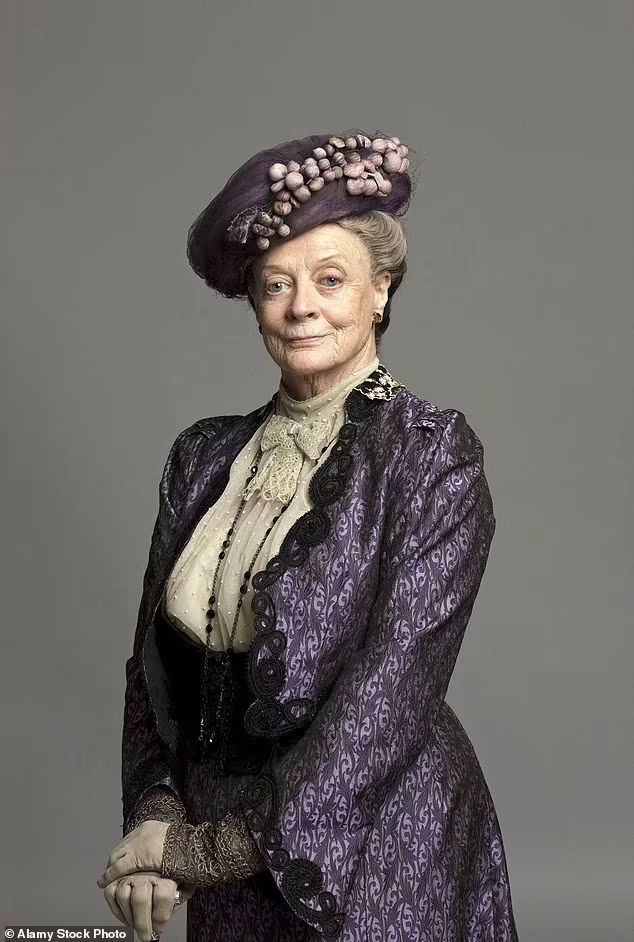News and Politics
Spanish Parliament Bans Bullfighting

Spain’s parliament has banned “comic” bullfighting events with dwarves in costumes, aligning with EU directives against discrimination towards people with disabilities.
The decision was met with praise by disability rights groups and criticised by a few remaining performers who staged a protest outside the parliament.
The tradition of dwarves dressed as firefighters or clowns chasing bulls without killing them has declined in popularity and was seen as mockery towards people with dwarfism.
News and Politics
Hurricane Helene Rescues at Unicoi County Hospital

Hurricane Helene caused chaos in Tennessee. It led to dramatic rescues at Unicoi County Hospital. More than fifty patients and caregivers found themselves trapped on the hospital’s roof. This happened as the nearby Nolichucky River overflowed. The situation quickly became critical.
Rising Waters and Desperate Measures
Floodwaters from Hurricane Helene rose rapidly. This made it impossible for ambulances to reach the hospital. In response to the flooding, patients were directed to the roof. Emergency teams rushed to help as the storm brought strong winds and heavy rain.
Emergency Services Mobilized
Access roads were completely submerged. The flooding caused by Hurricane Helene left many emergency vehicles stuck. Fortunately, a SWAT team in training was nearby. They were able to collect important medications for the patients. The destruction from Hurricane Helene led local authorities to increase rescue efforts across the area.
Challenges Faced by First Responders
Rescue attempts were difficult due to the dangerous conditions. Patrick Sheehan, Tennessee’s emergency operations director, explained that the fast-rising water made evacuation hard. After boats could not help, the team decided to evacuate everyone to the roof. This was a desperate measure in response to Hurricane Helene’s overwhelming force.

Helicopter Rescues Underway
The weather made it tough for helicopters to assist at first. However, a Virginia State Police helicopter eventually landed on the roof of the hospital. This showed the determination to help those affected by Hurricane Helene. More National Guard helicopters were on the way to ensure everyone stranded would be rescued.
Successful Evacuations and Aftermath
By 4:15 PM, all individuals trapped at Unicoi County Hospital were rescued. They were transferred to Johnson City Medical Center. The quick actions of first responders were crucial in managing the crisis caused by Hurricane Helene.
A Community in Need
Hurricane Helene left behind a trail of destruction. At least 40 lives were lost across several states. As communities begin to recover, stories of bravery will stand out. They show the resilience of people in the face of adversity brought by Hurricane Helene.
Featured
Farewell to a Legend: Dame Maggie Smith Passes Away at 89

The world mourns the loss of Dame Maggie Smith. The beloved actress, known for her iconic roles in Harry Potter and Downton Abbey, has passed away at the age of 89. Her family announced that she died peacefully in hospital early on the morning of September 27, 2024. She was surrounded by friends and family.
Dame Maggie was a titan of British theatre and film. Her illustrious career spanned over seven decades. During this time, she garnered two Academy Awards for remarkable performances in The Prime of Miss Jean Brodie (1970) and California Suite (1979). Her talent earned her four additional Oscar nominations and eight BAFTA awards, solidifying her status as one of the greatest actresses.

In a heartfelt statement, her sons, Toby Stephens and Chris Larkin, expressed their profound sadness. They stated, “It is with great sadness we have to announce the death of Dame Maggie Smith. She leaves behind two sons and five loving grandchildren who are devastated by the loss of their extraordinary mother and grandmother.”
The family also expressed gratitude for the compassionate care provided by the staff at Chelsea and Westminster Hospital during her final days. They emphasized the importance of respecting their privacy during this difficult time.
Dame Maggie’s career began in the theatre, where she first gained acclaim. She earned her first BAFTA nomination in the 1958 film Nowhere to Go. Her remarkable talent caught the eye of legendary director Laurence Olivier. He cast her as Desdemona opposite his Othello at the National Theatre in 1963. This collaboration later led to an Oscar nomination when the production was adapted into film.
The outpouring of tributes from friends and admirers has already begun. Gyles Brandreth described her as “one of the greats” and reflected on her extraordinary life and the golden era she represented.
As we bid farewell to Dame Maggie Smith, we celebrate her incredible contributions to the arts. She brought joy to audiences around the world. Thank you, Dame Maggie, for your unforgettable performances and the legacy you leave behind. Your spirit will forever remain in our hearts.
News and Politics
DWP Admits to ‘Shocking’ Failure in Appointing Chief Medical Adviser

The Department for Work and Pensions (DWP) has revealed a staggering five-year lapse in appointing a Chief Medical Adviser, during which its policy decisions reportedly led to numerous deaths among disabled benefit claimants. This oversight, described as “criminally negligent” and “absolutely shocking” by disabled activists, emerged only after a Freedom of Information request by Disability News Service (DNS).
A Critical Oversight
From July 2017 until November 2022, the DWP did not have a Chief Medical Adviser, even temporarily. This critical position, which should have ensured that expert clinical advice informed policy and benefit decisions, remained vacant for over five years.
The Impact of the Vacancy
During this period, the DWP faced multiple high-profile deaths linked to its policies. Notable cases include Errol Graham, Roy Curtis, and Kevin Gale, who took his own life in March 2022 due to overwhelming difficulties with the universal credit process. The DWP also abandoned a £106 million plan intended to prevent such tragedies and improve its approach to benefit claimants.
Reaction from Advocacy Groups
Recovery in the Bin, a grassroots mental health group, condemned the DWP’s failure, emphasizing the lack of care and respect for claimants. Paula Peters from Disabled People Against Cuts called the oversight “absolutely shocking and appalling,” highlighting the DWP’s disregard for claimant safety and the need for accountability.
Ongoing Investigations
The DWP has yet to comment on the matter. The information came to light through a Freedom of Information request following an interview with Professor Sir Mansel Aylward, a former Chief Medical Adviser. Aylward, who recently passed away, had promised to investigate the issues related to the work capability assessment (WCA) and its connection to claimant suicides.
The DWP’s failure to appoint a Chief Medical Adviser during this crucial period reflects serious systemic issues, with severe consequences for vulnerable individuals relying on its support.




